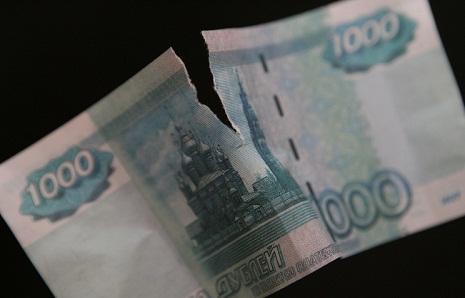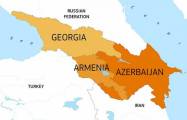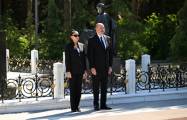“This decision was correct given the multitude of external risks facing Russia,” said Ivan Tchakarov, an economist at Citigroup Inc.“This decision will contain the downside risks to the ruble, rather than help extend the rally, given the fact that the ruble should indeed be weaker relative to macro fundamentals.”
Analysts have been stepping up calls for the ruble to weaken after a 6 percent rally this year caused it to break its historical link with oil, Russia’s main export earner. The currency has come under further pressure this week after the U.S. Senate voted to increase sanctions on the country and give Congress the power to review any attempt by President Donald Trump to lift them unilaterally.
Central Bank Governor Elvira Nabiullina said last week policy makers would cut the key rate by either 25 or 50 basis points. Analysts at Commerzbank AG and HSBC Holdings Plc had said before the decision that a 50 basis-point cut may not have a significant impact on the ruble while a smaller cut might cause the currency to strengthen.
The bonds have rallied this year amid strong demand from carry traders, handing investors returns of 11.7 percent, compared with a 6.3 percent average for emerging-market local-currency debt. The Micex Index of stocks pared gains after the decision.
“It is not that they stopped cutting the rates, they still are in an easing mode,” said Dmitri Barinov, a portfolio manager at at Union Investment Privatfonds GmbH in Frankfurt. “Maybe they got more concerned that the falling oil price may weaken the ruble.”
More about: #ruble
















































